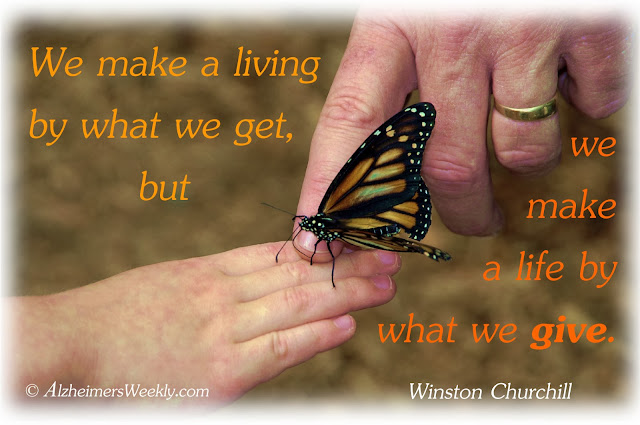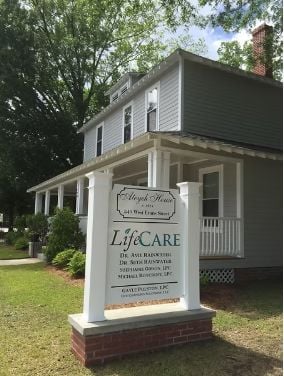
Do Babies’ Tau Proteins Hold the Key to Curing Alzheimer’s?
Why Do Babies Have More Alzheimer’s Protein Than Adults? A Surprising Clue to Future Treatments

Why Do Babies Have More Alzheimer’s Protein Than Adults? A Surprising Clue to Future Treatments
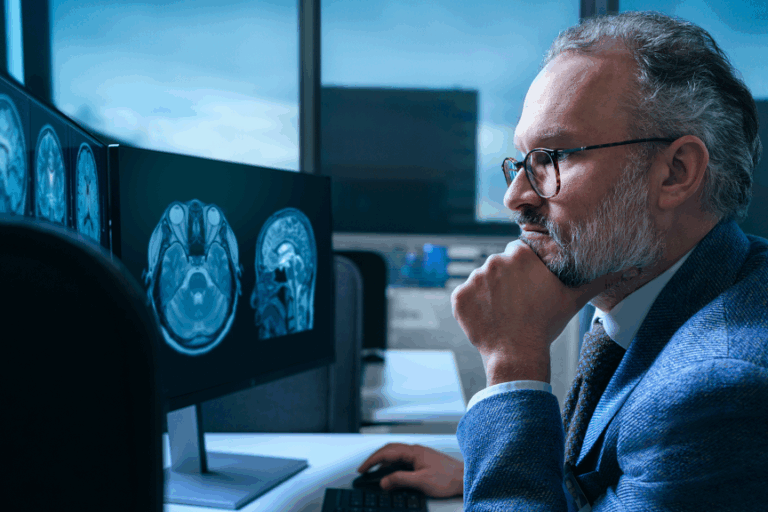
Diagnosing the right dementia type often takes months. It can make a big difference. Mayo Clinic’s AI tool identifies 9 dementia types, including Alzheimer’s, with one scan — a transformative advance in early, accurate diagnosis.
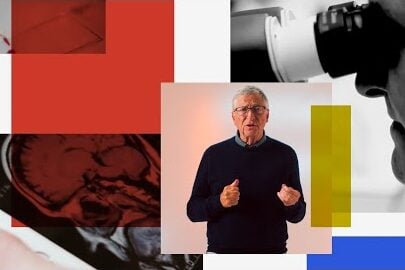
Bill Gates says, “I am blown away by how much we have learned about Alzheimer’s disease over the last couple years.” See his compelling video and insight-filled blog post.
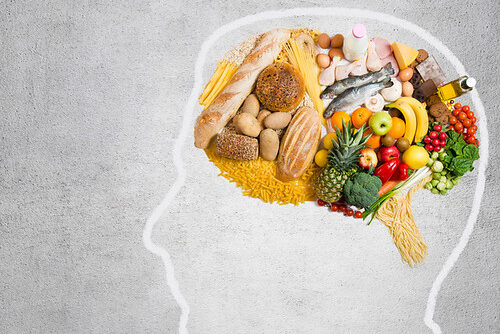
Adopting the MIND diet—even later in life—is linked with reduced dementia risk
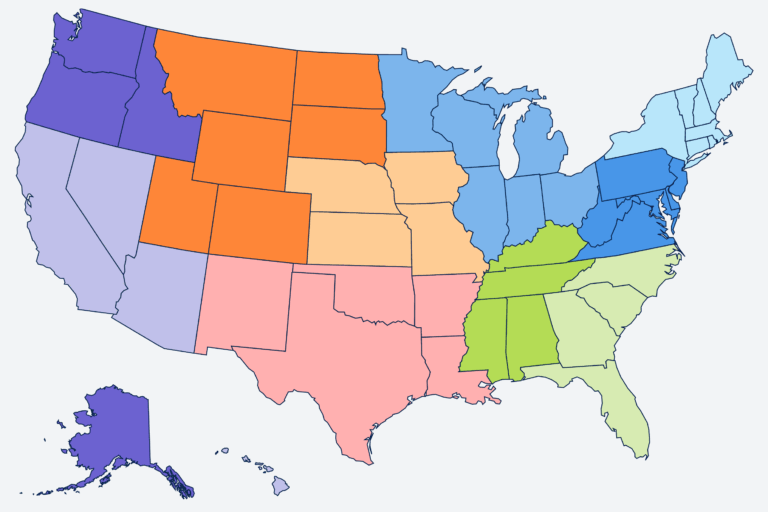
See one of the largest and most comprehensive studies identifying where dementia occurs most often.

Sleep aid lemborexant (better known by its brand name Dayvigo) showed 40% more hippocampal brain volume than other drugs.

Lecanemab is today’s #1 Alzheimer’s antibody. (Brand name: Leqembi) Washington University researchers found Lecanemab’s adverse events to be rare and manageable in very mild or mild Alzheimer’s.

New Test Provides Less Invasive Option, Reduces Reliance on PET Scans and Increases Diagnosis Accessibility

The drugs, called NRTIs, have the potential to prevent a million cases of Alzheimer’s every year, the researchers believe.

Alzheimer’s rates are on the rise. How is today’s best treatment, Leqembi (generic lecanemab) doing in the fight against it?

This beautiful song captures a son’s dedication to his father with Alzheimer’s. Starting from his window in a care facility, the gorgeous imagery unfolds into a most moving music video.

Australian researchers show nanoparticles that contain curcumin, from turmeric, not only prevent cognitive deterioration, but also reverse the damage. Find out more about this exciting development.

Getting in and out of a car’s passenger seat may not be simple, once dementia sets in. Learn the skills needed.

SHORT-TERM MEMORY lapses are obvious signs of Alzheimer’s, but other tell-tale signals begin to show much earlier. Learn how to look for semantic impairments, such as simple questions about size.

Three important dementia studies focus on HS-AGING, a type of dementia almost as common as Alzheimer’s in the 85+ group. Yet few people have heard of it. Why? What makes it different?

An intriguing study of 120 grandmothers might surprise you. Doctors know socially engaged people have better cognition and less dementia. But can a person get too much of a good thing? What’s the right balance?

Enjoy this great duet between a musician with dementia and his son. A triumph of spirit over Alzheimer’s! Sing-a-long if you like!
No spam, only news and updates.

